IPS vs LED Monitors: Which Is Better?

IPS vs LED Monitors Concept Introduction
IPS and LED monitors are essentially different. IPS refers to a screen manufacturing technology. The LED monitor refers to the light-emitting technology used.
IPS Monitor Screen
The screen will not produce picture distortion and affect the color of the picture, which can protect the picture effect from being damaged to the greatest extent. It is a kind of liquid crystal display technology, using IPS screen, commonly known as hard screen, the viewing angle is much larger than the common TN screen, and the color is better.
LED Monitor Screen
It is a light-emitting mode that uses light-emitting diode backlight display. It just means that the LCD screen uses LED backlight. Now LCD monitors use LED backlight, whether it is a TN screen or an IPS screen.
What is the difference between IPS monitor and LED monitor
Techniques
The full name of IPS is (In-PlaneSwitching). The advantage of IPS technology is that it changes the arrangement of liquid crystal molecular particles and adopts horizontal conversion technology. Like LCD screen technology, LED needs the support of backlight in the display, and the light needs to pass through two layers of glass and substrate, various optical films, orientation film and color filter to generate polarization.
Viewing Angles
Due to the rotation of liquid crystal molecules in the plane, the IPS screen has very good viewing angle performance. Up, down, left, and right four axes can reach a viewing angle of nearly 180 degrees, which is better than LED screens.
Color Fidelity
IPS monitors are richer in color and higher in saturation than LED monitors
Dynamic Picture Quality Performance
The IPS monitor ensures the clarity of the picture when shaking, and also has super expressive power, which eliminates the blurring and water ripple diffusion phenomenon that occurs when the traditional LCD is subjected to external pressure and shaking.
Energy Saving And Environmental Protection
Because the IPS screen makes the arrangement of liquid crystal molecules more reasonable, reduces the thickness of the liquid crystal layer, changes the light transmittance of the liquid crystal screen, increases the display effect, and makes the display panel thinner and more power-saving.
Pros and Cons of IPS Monitors
Advantage
1. The IPS panel was originally designed as a color professional display, and its color reproduction and image quality are undoubtedly the best.
2. Low response time. When we use IPS to watch high-speed motion pictures, the low response time of IPS can make the pictures we see more smooth, real, and clear.Just like our 2K 144Hz Gaming Monitor provides an excellent picture experience and gaming experience.
3. Energy saving and environmental protection. IPS screen technology has also made a major breakthrough at the end of nuclear energy. The power consumption of IPS screens has been further reduced, making them more energy-saving and environmentally friendly. And because the liquid crystal molecules are more reasonably arranged, the thickness of the liquid crystal layer is reduced, thereby changing the light transmittance of the liquid crystal screen, enhancing the display effect, and making the display panel thinner and more power-saving.
Disadvantage
1. Light leakage reduces the penetration of light. In order to better display bright colors, it is necessary to increase the luminosity of the backlight. Therefore, light leakage is very common on IPS monitors. With the increase of the screen, the problem of large-area edge light leakage has always been a criticism of IPS.
2. The static contrast ratio is low. Because the IPS monitor cannot improve the penetration and the method of improving the backlight also makes it lose the competitive advantage of high contrast ratio. Generally, the static contrast ratio of IPS is between 2000:1--3000:1. The static contrast ratio of the AV screen can easily reach 5000:1.







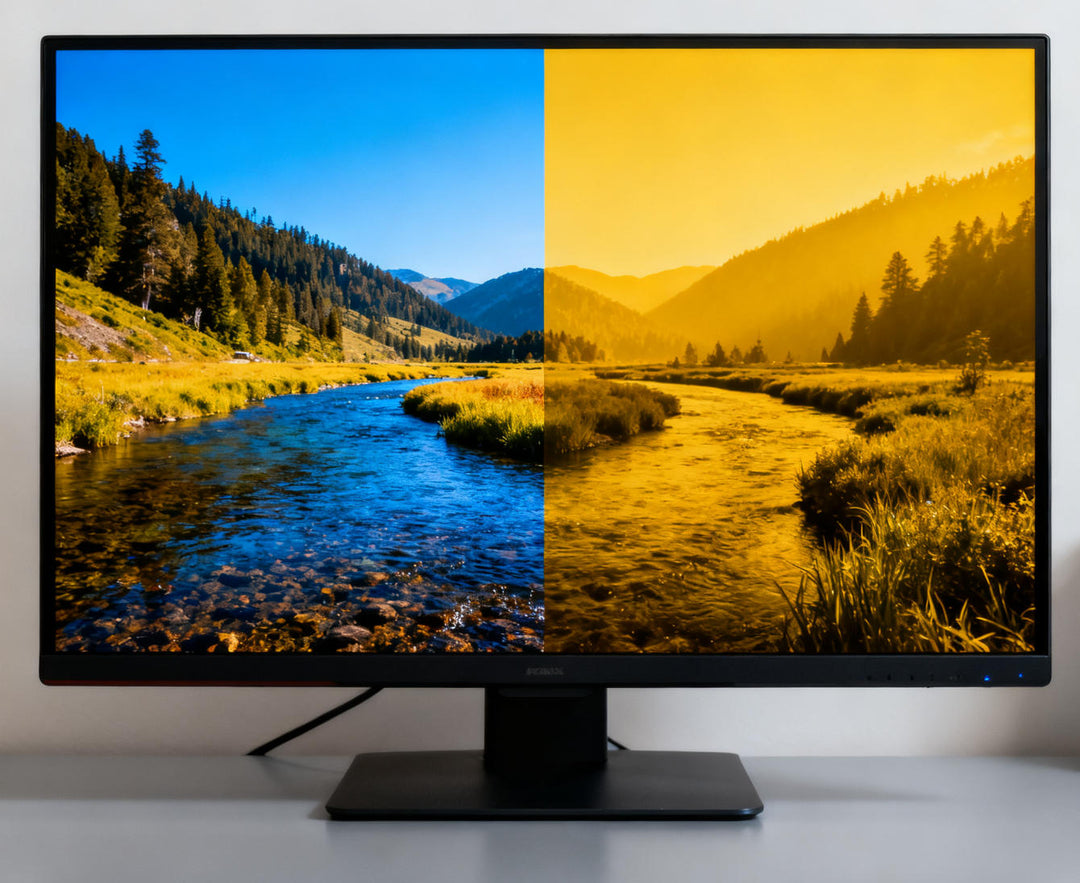
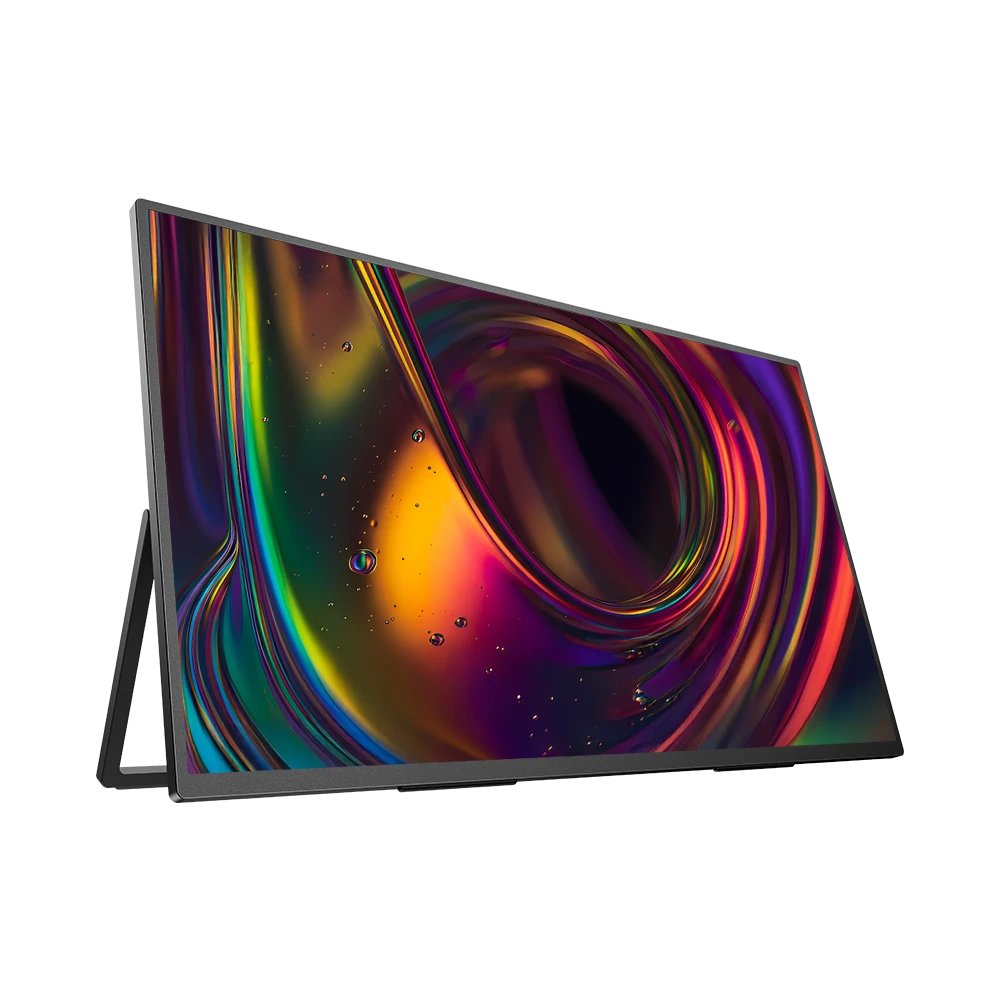
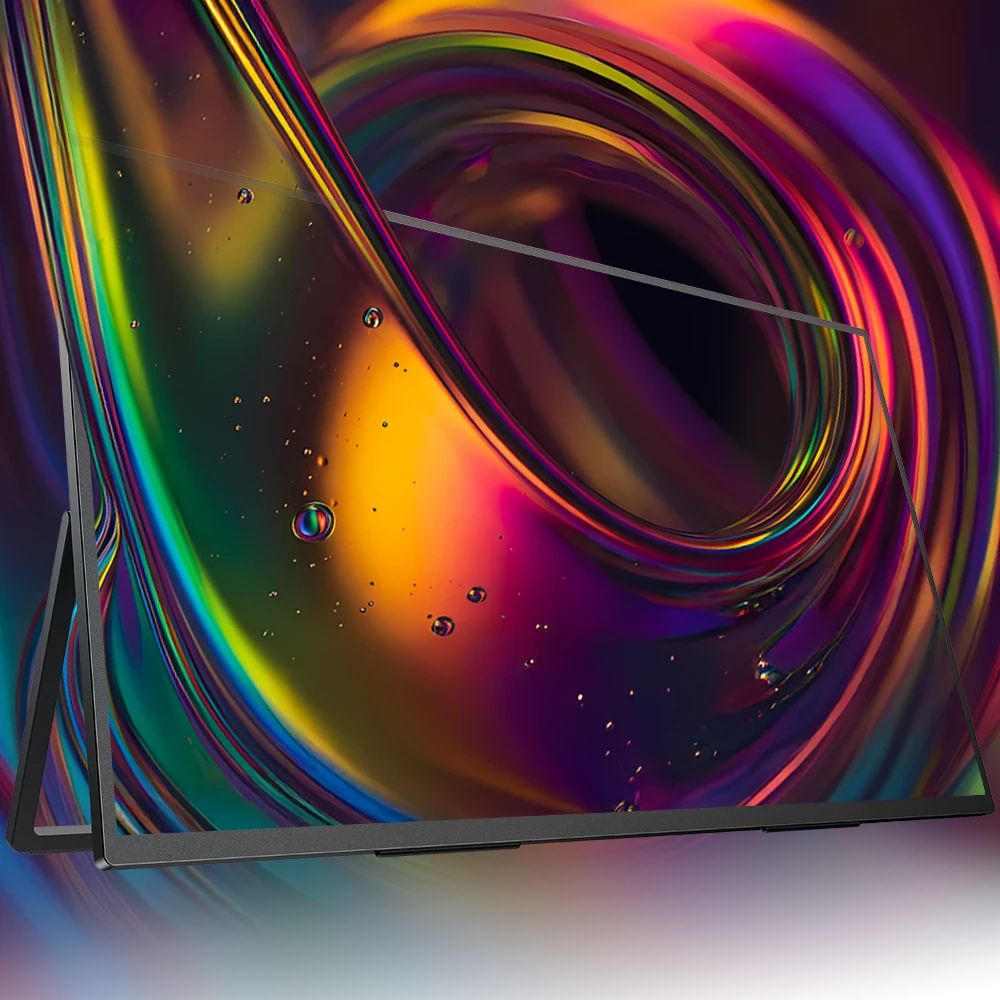
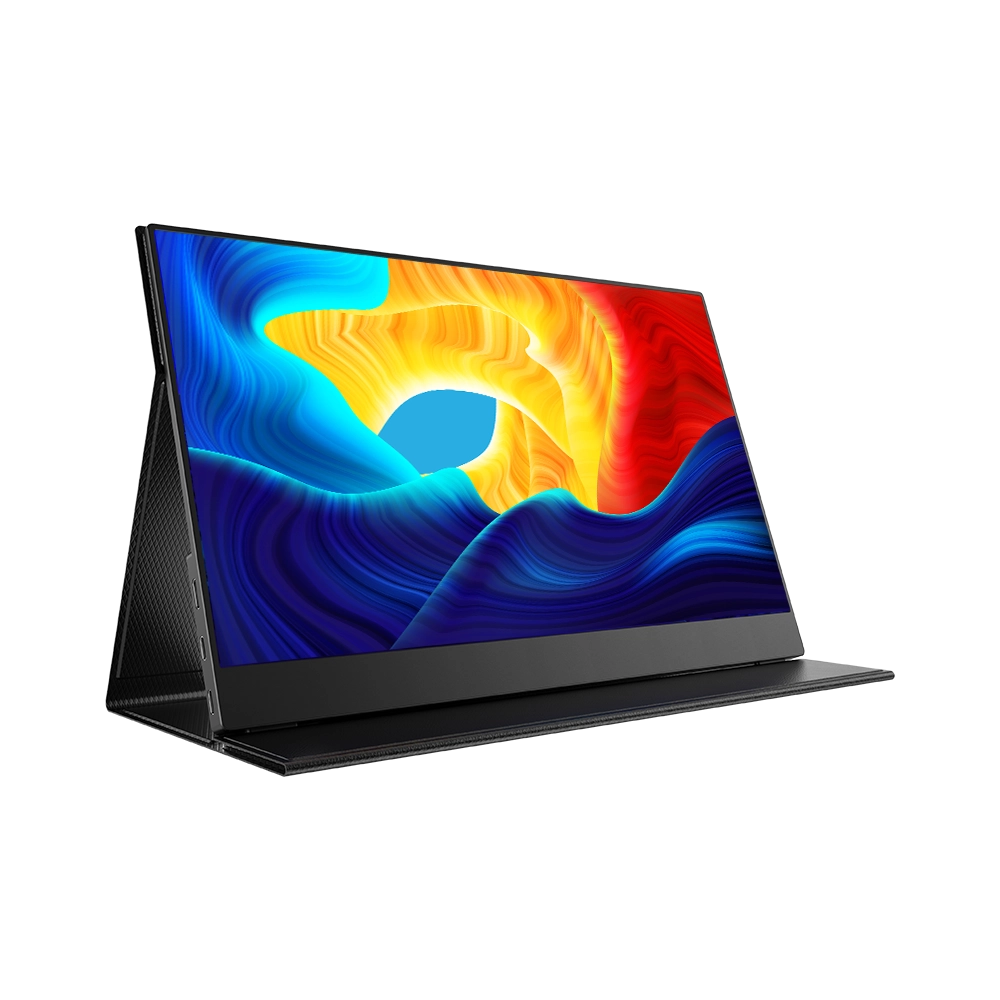
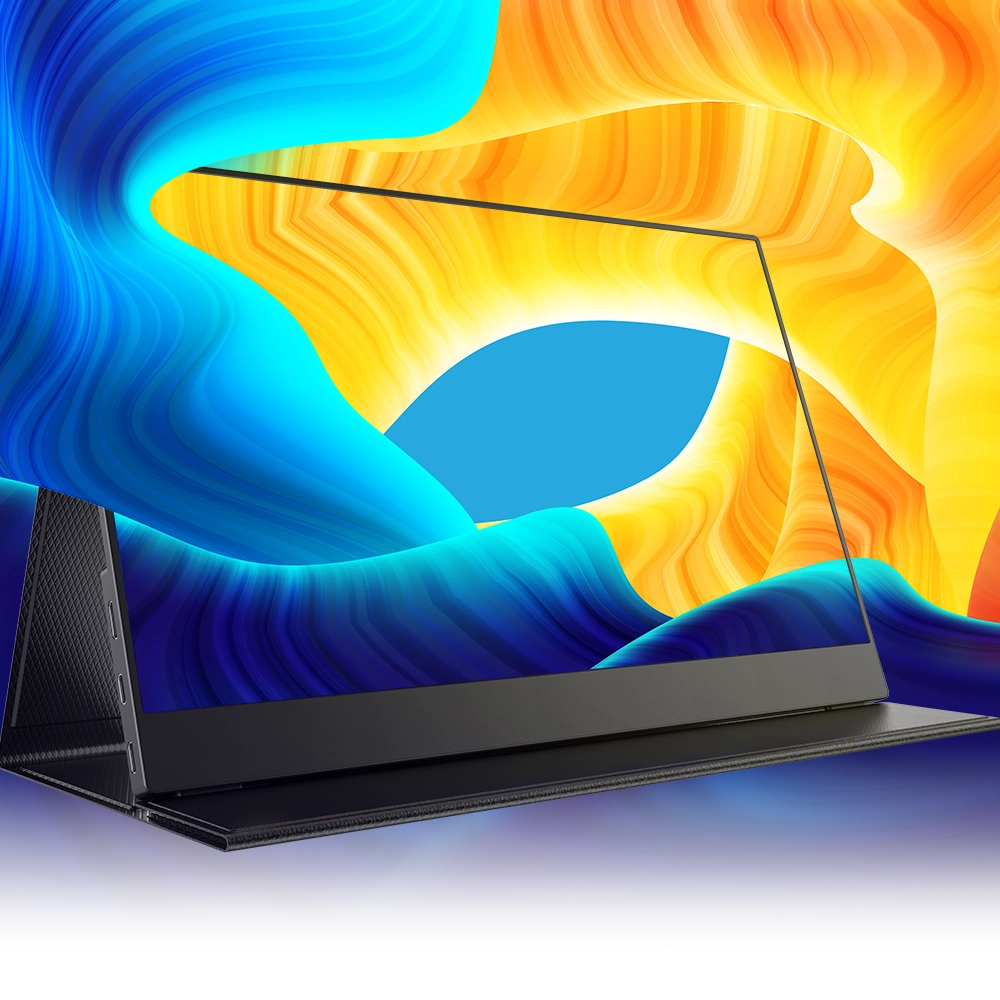
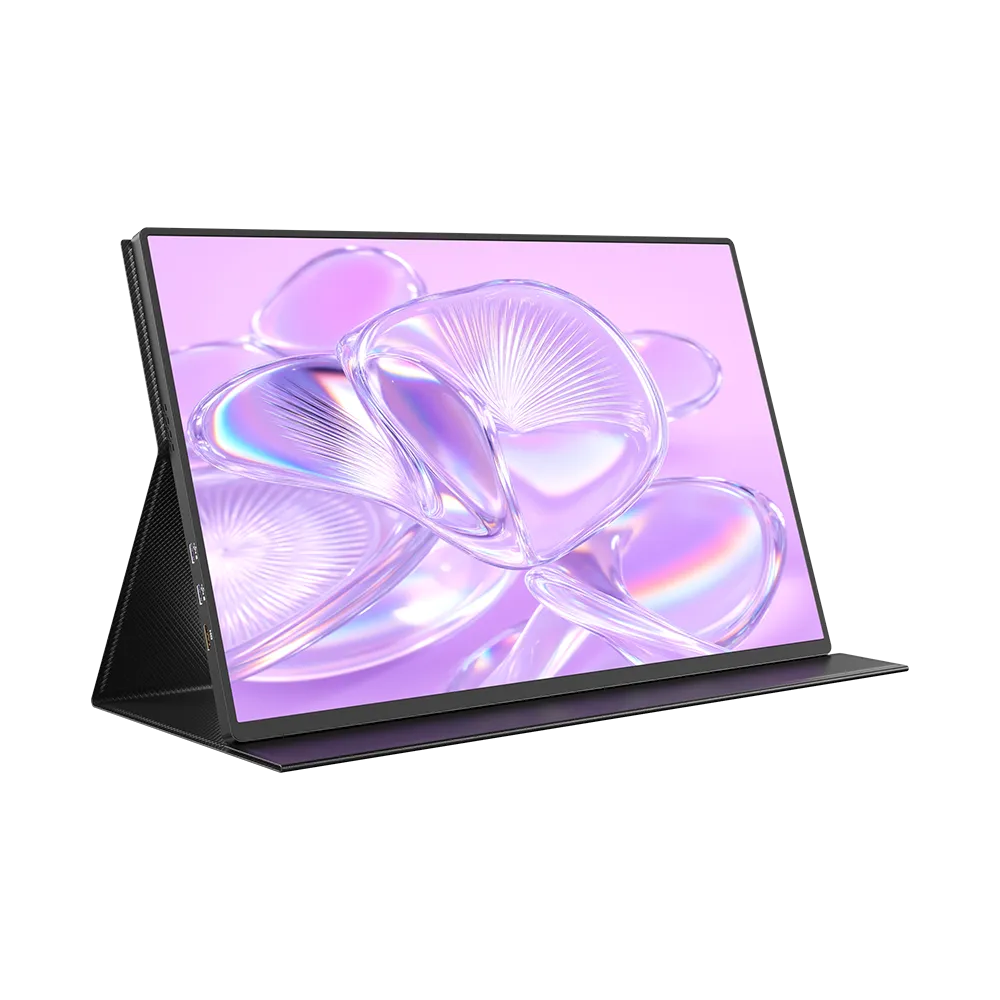
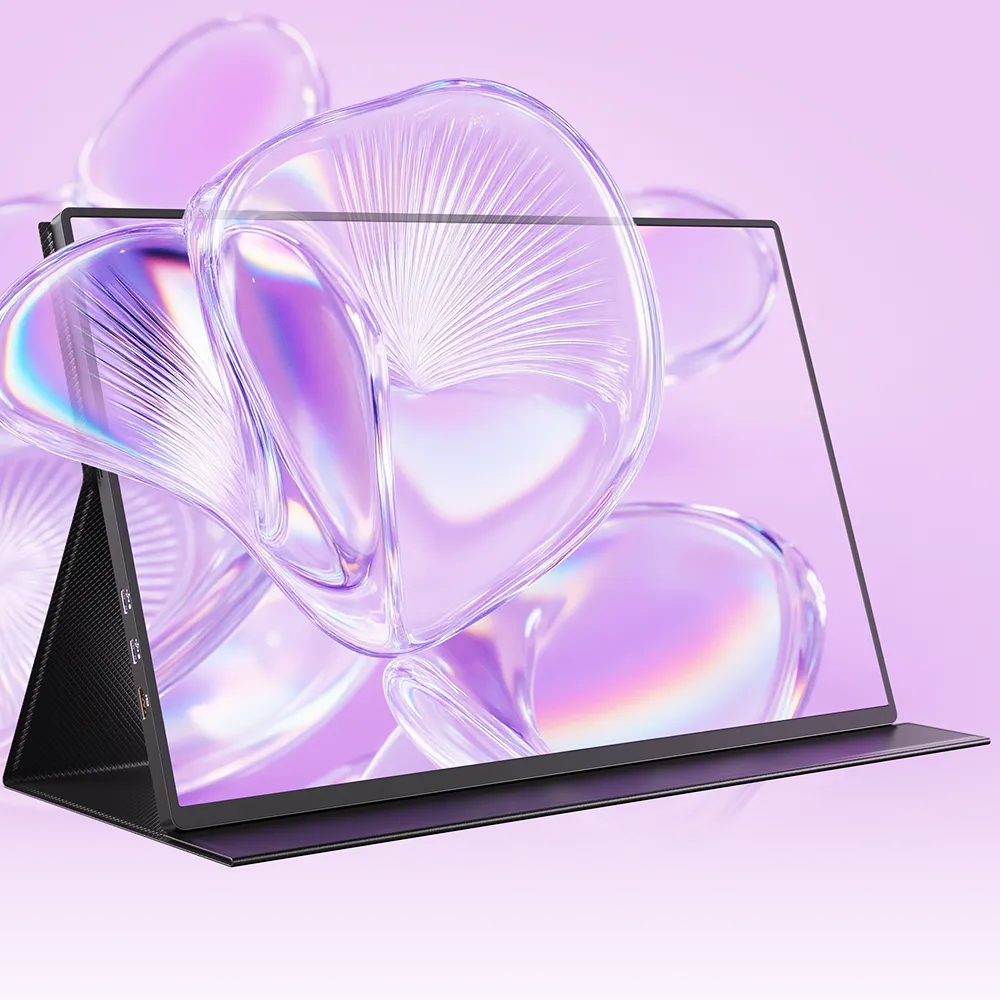





Leave a comment